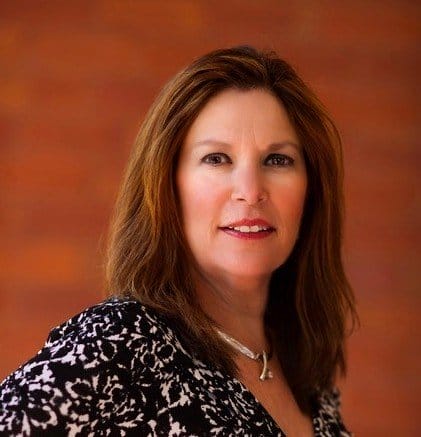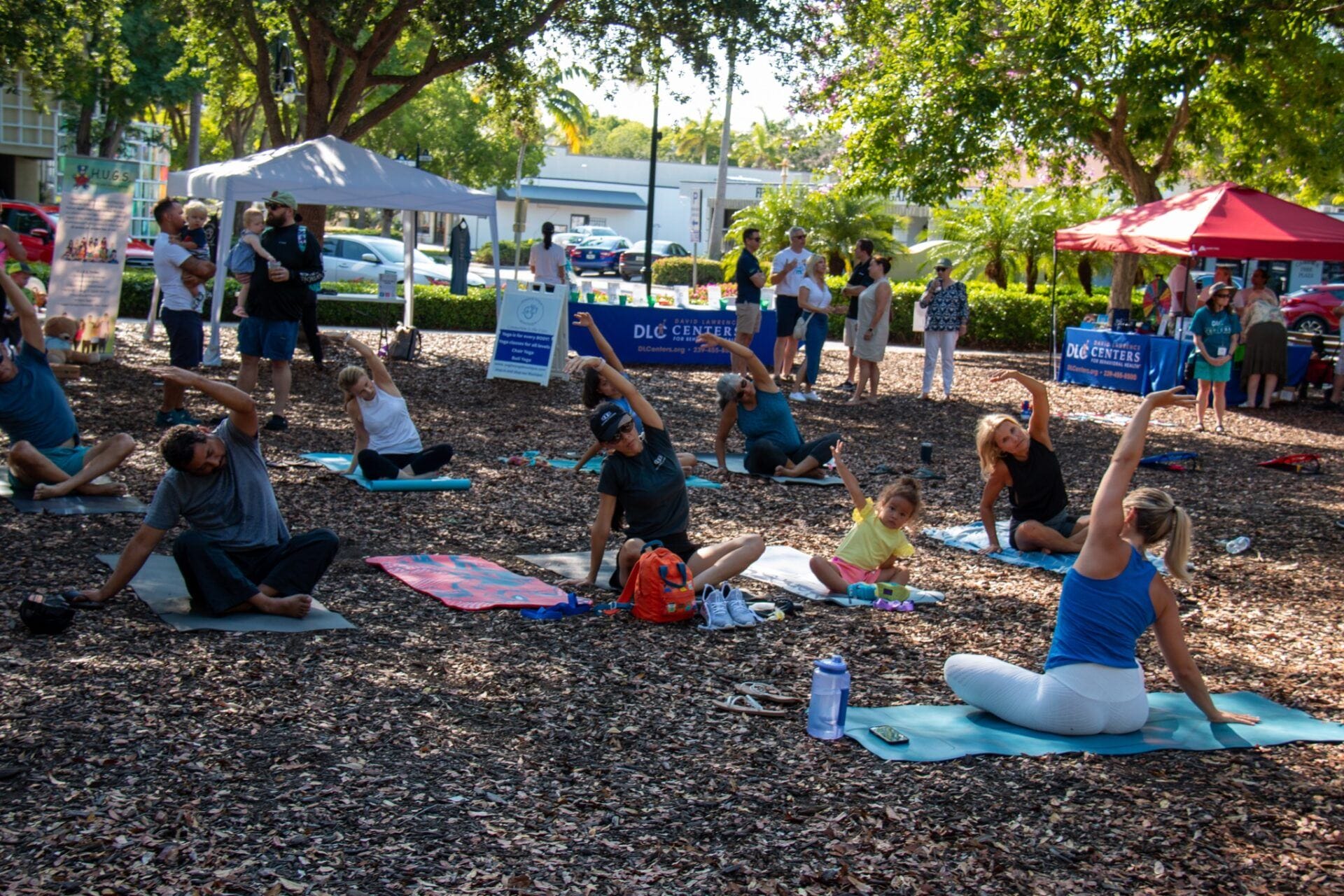
H.A.L.T.-ing My Way to Sobriety
By Mary R., Crossroads Volunteer Recovery Blogger
If you hang around the rooms of Alcoholics Anonymous long enough, you’ll hear conversations sprinkled with easy-to-remember acronyms. H.O.W. stands for Honesty, Openness and Willingness. G.O.D., for Good Orderly Direction. And K.I.S.S., for Keep It Simple Stupid.
The acronyms and slogans really help. They’re simple, easy to recall, and I can tuck them away in my sobriety toolkit.
One of the important acronyms I learned in rehab was H.A.L.T., a reminder to never get too Hungry, Angry, Lonely, or Tired. These tips helped in the early days of sobriety, but even now, I have to continually stay alert for these feelings. They sneak up, and have a way of sabotaging my serenity … which could in turn threaten my sobriety. And that is something I don’t want to do. Ever.
Here are the H.A.L.T. tips in terms of their degree of difficulty:
Don’t go hungry
Seems easy, right? But a place deep in my alcoholic brain tells me an empty stomach isn’t so bad. I enjoyed drinking most on an empty stomach. Alcohol worked better that way; food was literally a buzzkill. That’s why many alcoholics start their sober journey in an unhealthy, undernourished state. We need to relearn healthy habits, and eating well is just one of them. So eat if you’re hungry. And if you’re tempted to drink, snack on something sweet to replace that “liquid sugar” craving. Many alcoholics develop a craving for sugar when they stop drinking. I give in to that with a nightly treat of ice cream, which sure beats what I used to consume right up to bedtime.
Beware of loneliness
Many drinkers isolate themselves; I did a lot of my drinking alone. Because I felt strangely “connected” to my best friend — alcohol — I never recognized the feeling of loneliness. When I finally said goodbye to that twisted relationship, I did feel lonely. But in AA, I found a new kind of companionship — as I let down my guard and allowed other alcoholics to help me; as I shared my story with others who understood; and as I started to enjoy coffee and conversation before and after meetings. I began to again find real satisfaction from meaningful human interactions. Alcohol wants me alone so he can whisper sweet enticements in my ear. Let’s not give him that opportunity. Go to AA. Join friends for a movie, a walk, or a pizza. Take time alone to read, meditate, and relax, but don’t let “alone” turn into “lonely”!
Get plenty of rest
Alcoholics don’t sleep well. Sleep often comes after passing out, and wakefulness comes in the middle of the night with detox sweats and shakes. And the morning brings dreadful hangovers. In sobriety, we start sleeping better after a while. We learn a bedtime routine that includes normal things like brushing our teeth and wearing pajamas. We enjoy “going to bed” rather than “passing out,” and we relish afternoon naps. So embrace the opportunity to get some real, refreshing rest, and get plenty of it.
Curb your anger
This is the hardest of the four H.A.L.T. steps. Anger can creep up slowly, or it can spring on us out of nowhere. Angry feelings threaten my sobriety like nothing else. When I was about a year sober, I suddenly felt that angry, retaliatory feeling toward someone and, seemingly out of nowhere, I felt a sudden impulse to drink. My brain said, A drink will fix this. But then I remembered, There’s nothing in my life today that a drink will make better. It’ll only make it worse.
Over time, as I practice the AA principles, my anger is subsiding. But I have to work at it, cultivating an attitude that overcomes anger — by practicing acceptance, learning to live on life’s terms, and focusing on what I can change. When compelled to prove a point or win an argument, I ask myself, “Would I rather be happy or right?” The answer is usually clear. And I’ve learned to pray, “Grant me the grace to find the space between impulse and action.” In other words, hit the pause button. Do whatever keeps you from losing it. Anger is deadly poison to us alcoholics and addicts.
Finally, I also recommend a little paperback book called Living Sober, found at your local AA office or online at Amazon. When the language of AA’s Big Book and the steps and all the meetings was almost too much to comprehend, this little book helped; it’s packed with a lot of common sense in short, easy-to-read sections. Living Sober covers all the aspects of H.A.L.T. in simple paragraphs and practical tips. I often turn to it.
Good luck on your sober journey. I hope my writing helps. It certainly helped me stay sober today, so thank you!
About the Author:
Mary R. is a wife, mother, daughter, retired business owner and recovering alcoholic who relocated to southwest Florida from Ohio. As a person in recovery, she writes from the heart and shares her strength, hope and experience with others so that they too may recover from the prison of addiction. Her sobriety is strongly ingrained in the belief that “you can’t keep it unless you give it away.” When not volunteering for David Lawrence Centers or actively participating in 12-step meetings, you can find her living her life in recovery to its fullest potential playing tennis, traveling, or trying out a new recipe with family and friends.
Jun 05, 2017 | Blog



